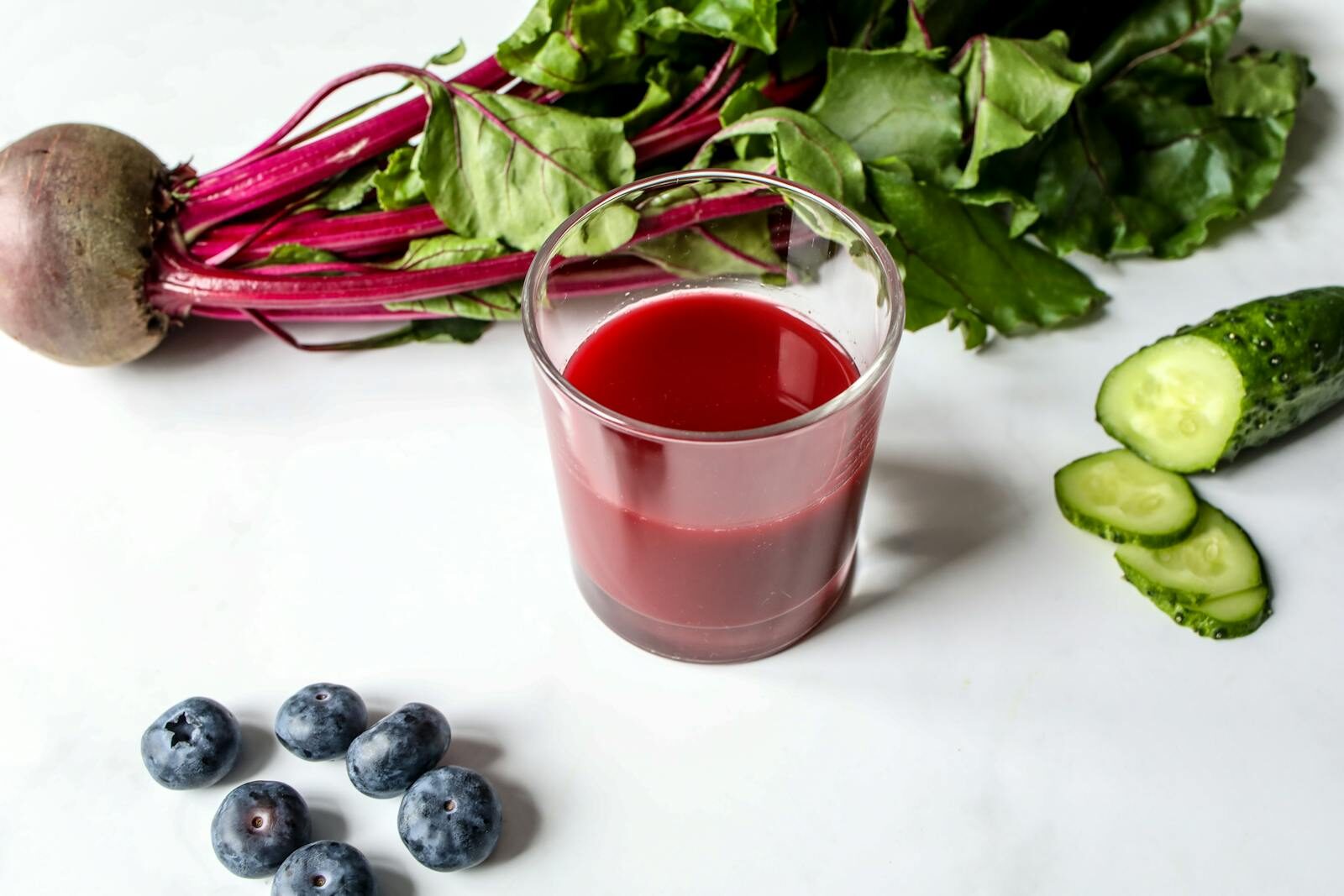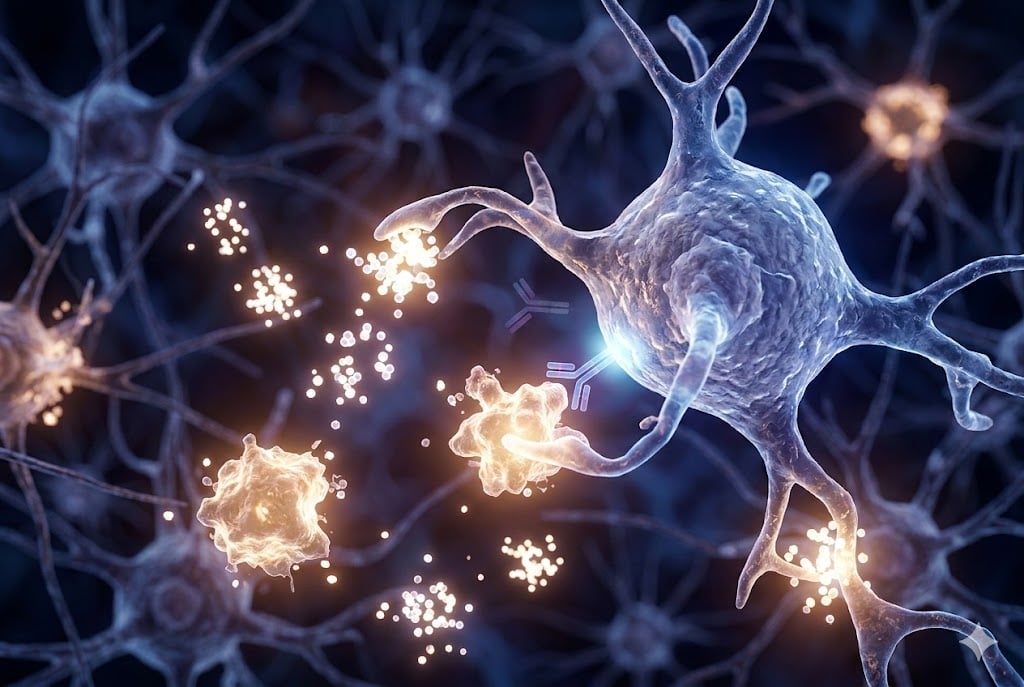
Does NAD+ Help with Alzheimer’s?
Can NAD+ be helpful in preventing or containing Alzheimer’s? Dr. Rudy Tanzi discusses his views on the subject.

Can NAD+ be helpful in preventing or containing Alzheimer’s? Dr. Rudy Tanzi discusses his views on the subject.

A doctor who specializes in geriatric medicine explains how hearing devices can be helpful in preventing long-term cognitive decline.

Eating properly can help keep Alzheimer’s away, according to registered dietician and nutritionist Vicki Shanta Retelny. Watch now to learn more.

More proof that you are what you eat, at least to a certain extent. Researchers found those who follow the MIND or Mediterranean diet showed fewer signs of Alzheimer’s in their brains. Learn more.

Scott doesn’t remember his daughter or his wife, but he does remember the love they share. Watch how his daughter Bailey handles the situation in this CBS News presentation.

IDPs, a form of antioxidant contained in meat, are effective in relieving fatigue and preventing dementia. Learn more.

Frontotemporal Dementia, FTD, is the most common form of dementia in people under age 60. Why isn’t it better known?

What does it feel like to be diagnosed and live with early-onset Alzheimer’s? Pam Montana and Chris Hannafan explain. Watch now.

Older adults who took a daily multivitamin showed higher scores in global cognition, memory and executive function, researchers found.

Hogeway Village is a community of people with dementias such as Alzheimer’s. See the advantages of a custom-tuned environment offering familiar surroundings.

DRINKING beet juice can increase blood flow to the brain in older adults. The way beet juice does this holds great potential for combating dementia.

When Memory Loss Becomes Invisible to Those Who Need Help Most

Ketone-rich diets increase the SIRT3 protein that protects neurons from death during the progression of Alzheimer’s disease. But how does it work? Find out more.

In gardening, people with Alzheimer’s grow fresh plants along with better thinking. It’s a pleasant way to make things easier.

The co-founder of a caregivers’ organization introduces technology he has found helpful in caring for his grandmother with dementia.

People with dementia are enjoying yoga and dance classes at the Alzheimer’s Association. See why caregivers find the classes “EXTREMELY helpful.”

Swiss researchers find that people with certain personality traits are protected against Alzheimer’s disease, including those who are less agreeable, had natural curiosity, and were nonconformists. Find out why.
No spam, only news and updates.


